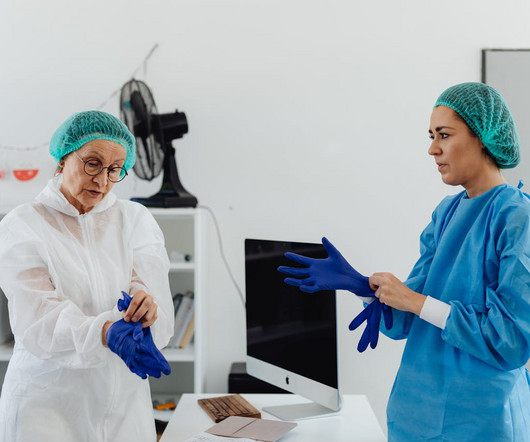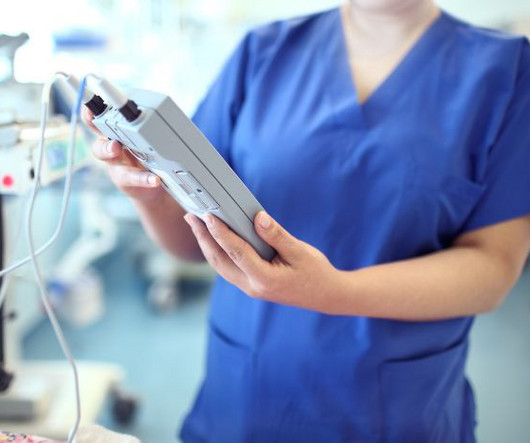Working in Hospitals vs. Clinics vs. Long-Term Care: Which Environment is Right for You?
We Care Online
OCTOBER 16, 2024
Team Collaboration: Working in a hospital means being part of a larger healthcare team. You’ll collaborate with doctors, nurses, technicians, and other specialists to provide comprehensive care to patients. This teamwork can be incredibly rewarding and educational.












Let's personalize your content